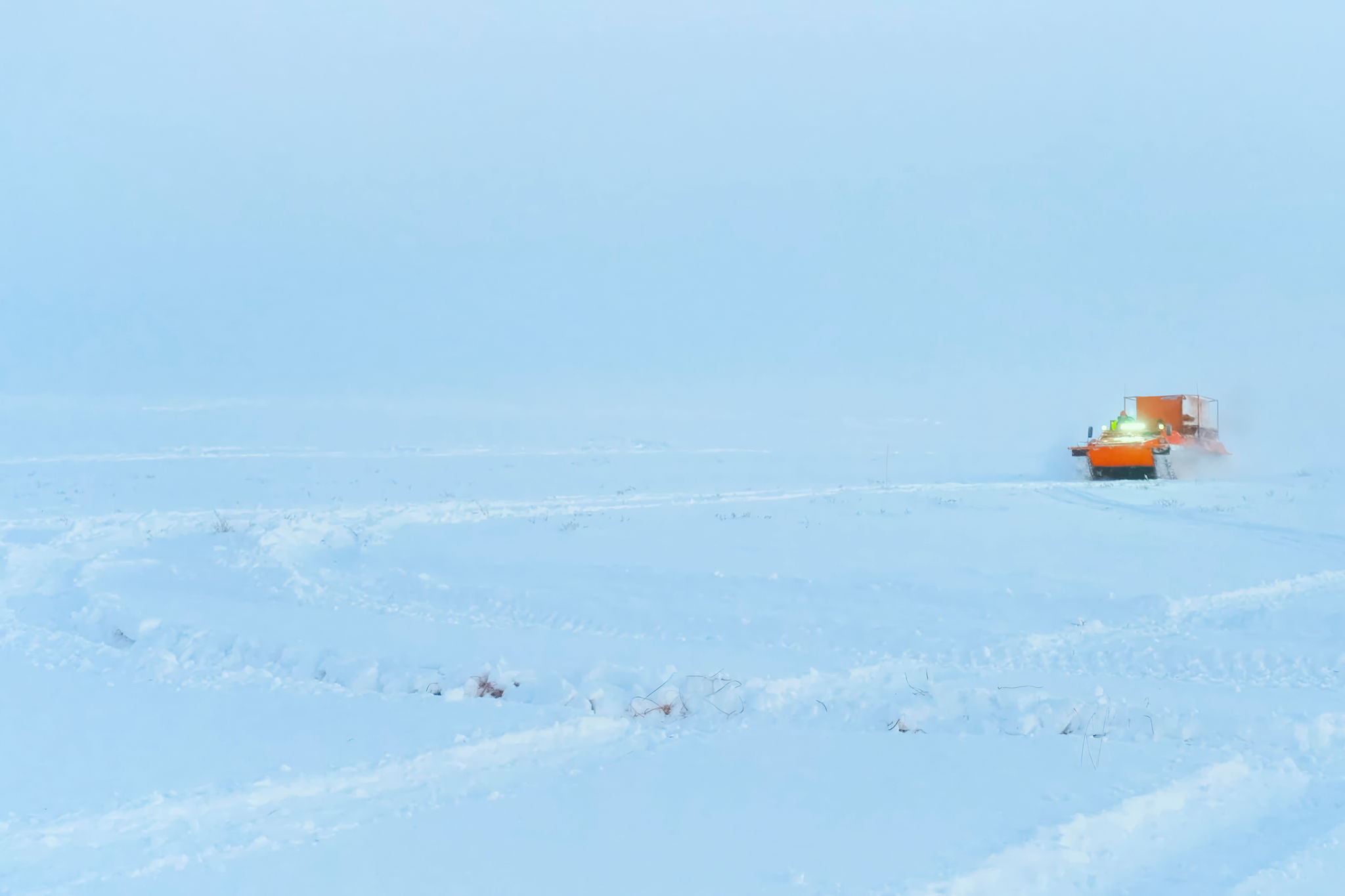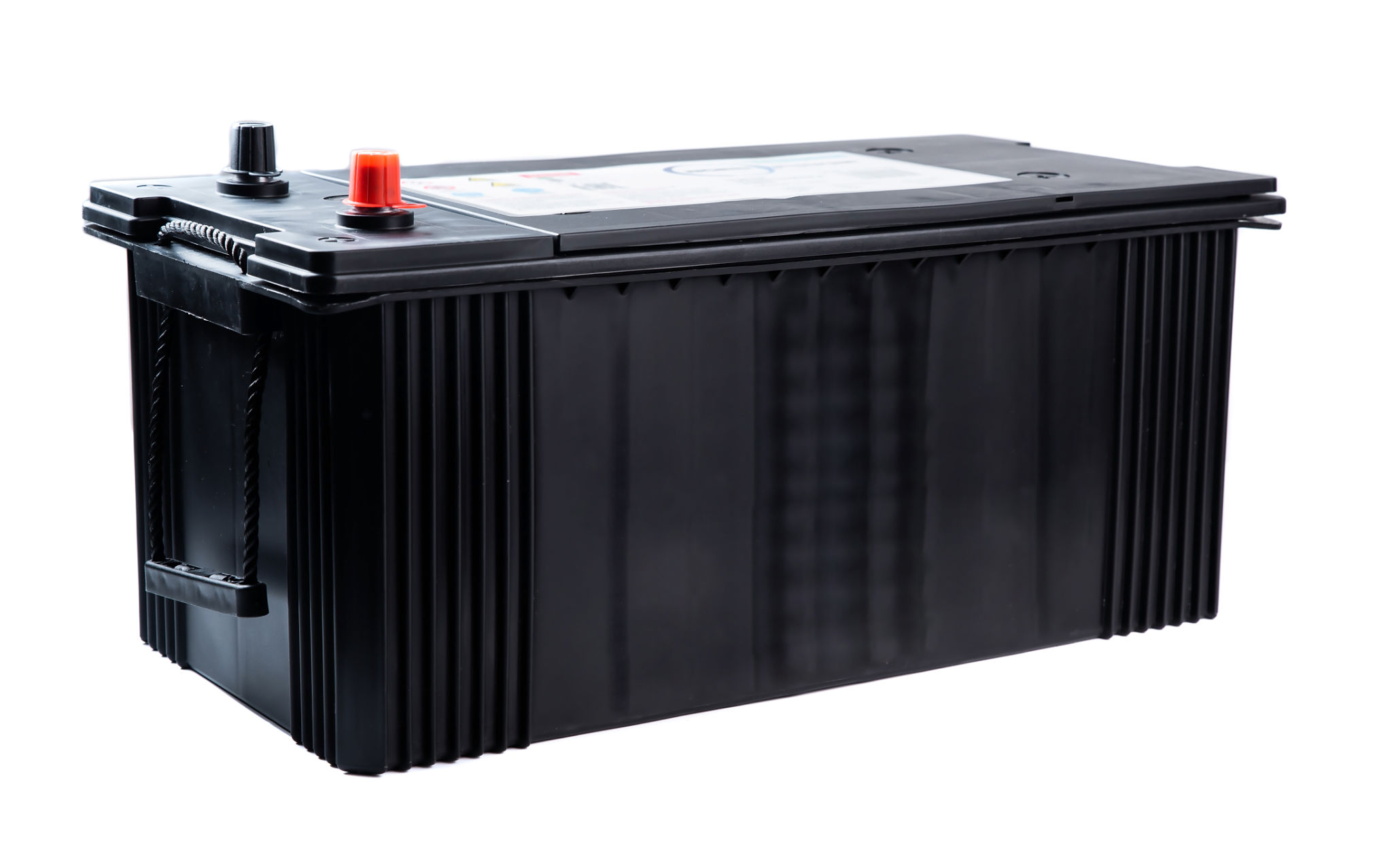Expert Tips for Maintaining Heavy Equipment During Winter
Understanding the Challenges of Winter Maintenance
Winter can be particularly harsh on heavy equipment, presenting unique challenges that require careful planning and execution. Cold temperatures, ice, and snow can all take a toll on machinery, affecting performance and longevity. It's essential to understand these challenges to implement effective maintenance strategies that keep your equipment running smoothly throughout the season.
One of the primary issues is that cold weather can cause fluids to thicken, which may lead to operational inefficiencies or even equipment failure. Additionally, snow and ice can obstruct moving parts and create safety hazards. Addressing these challenges proactively can save time and resources in the long run.

Preparing Your Equipment for Winter
Before the winter season sets in, it's crucial to prepare your heavy equipment to withstand the colder months. Start by conducting a thorough inspection of all machinery. Look for any signs of wear and tear that could be exacerbated by winter conditions. Pay special attention to components like hoses, belts, and electrical systems that are particularly susceptible to cold weather damage.
Consider using a winter-grade oil that is designed to perform better in lower temperatures. This simple change can help keep your equipment running smoothly when temperatures drop. Additionally, ensure that all fluids, including hydraulic and transmission fluids, are topped off and appropriate for winter use.
Battery Care and Maintenance
Batteries often suffer in cold weather, leading to decreased performance or failure. To avoid this, regularly check the battery's charge and condition. Clean any corrosion from the terminals and ensure that the battery is securely fastened. It might also be beneficial to invest in battery warmers or trickle chargers to maintain optimal battery performance during the cold months.

Daily Maintenance Practices
Implementing daily maintenance checks can prevent minor issues from becoming major problems. Begin each day by inspecting the equipment for signs of ice accumulation or other obstructions that could impede functionality. Ensure that windows and mirrors are free from frost and dirt to maintain clear visibility.
Another daily practice is to allow the equipment to warm up before use. This helps circulate fluids and reduces the strain on components that might be brittle in freezing temperatures. Additionally, regularly lubricate moving parts to prevent rust and ensure smooth operation.
Tire and Track Maintenance
Tires and tracks are critical components that require special attention in winter conditions. Monitor tire pressure regularly, as it can fluctuate with temperature changes. Underinflated tires can lead to poor traction and increased wear. For tracked vehicles, ensure that tracks are properly tensioned and free from ice buildup.

Safety Considerations
Safety should always be a priority when operating heavy equipment in winter conditions. Operators should be trained on best practices for working in snow and ice, including how to navigate slippery surfaces safely. Providing appropriate personal protective equipment (PPE), such as insulated gloves and boots, can also help prevent cold-related injuries.
Additionally, ensure that all equipment is equipped with functioning lights and reflective materials to enhance visibility in low-light conditions common during winter months. Regularly test safety features such as brakes and emergency shutoffs to ensure they are in working order.
Storage and Off-Hour Practices
When not in use, storing heavy equipment properly can prevent unnecessary wear and tear. Whenever possible, keep machinery indoors or covered to shield it from snow and ice accumulation. If indoor storage isn't available, consider using specialized covers designed for heavy equipment.
During off-hours, it's beneficial to disconnect batteries or use battery maintainers to prevent drainage. Regularly start engines to keep them in good working condition, even if the equipment isn't being used frequently.
Conclusion
Maintaining heavy equipment during winter requires a proactive approach that anticipates the challenges posed by cold weather. By preparing your machinery, implementing daily maintenance practices, and emphasizing safety, you can ensure that your equipment remains reliable and efficient throughout the winter season. Investing time in these expert tips will not only extend the life of your machinery but also enhance productivity when you need it most.